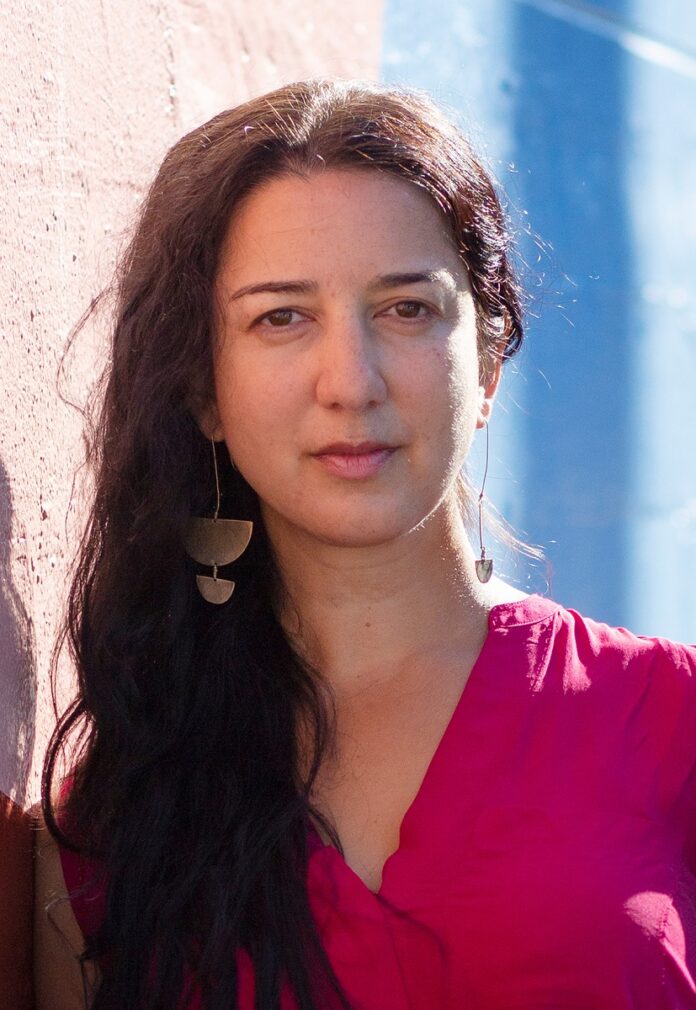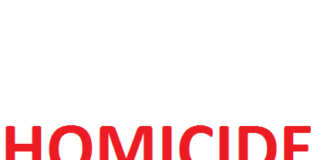IN response to news of surging incidents of antisemitism and Islamophobia in B.C., Human Rights Commissioner Kasari Govender on Monday urged Premier David Eby to take concrete actions to solidify communities against hate.
Govender said in a statement: “I am grateful that B.C.’s Premier has issued a statement speaking out against Islamophobia and antisemitism here in our province, and I am pleased to see the extension of Holocaust education in our school curriculum. Unequivocal condemnation of hate from our leaders is important. However, it is beyond time to move from nice words to meaningful action. It is critical that those impacted by Islamophobic or antisemitic discrimination or hate have appropriate avenues for reporting incidents, that justice is pursued for hate crimes and that communities are supported with resources to build connection and take action to counter hate.”
She pointed out: “In March 2023, in response to the escalation of hate we witnessed during the COVID-19 pandemic, my Office issued recommendations calling for 12 transformative actions to prepare our communities for the next time global events bring a surge of hate to our shores. These recommendations are based on the voices of thousands of community members who participated in our inquiry into hate in the pandemic. Drafts of these recommendations were shared with the government in November 2022.”
She added: “For nearly a year, the provincial government has had this roadmap describing how to take action on these issues and yet has repeatedly delayed reporting to my Office, even on what actions they plan to take. I urge the Premier in the strongest terms to follow his words with concrete actions to solidify our communities against hate. We have the ability to address the rise in hate that occurs when we find ourselves in these moments of societal crisis; it is our responsibility to act.”
Key recommendations to counter hate:
* creating a community-led province-wide centralized reporting mechanism for hate incidents, designed to provide support to victims-survivors and collect reliable data to inform public policy responses to hate
* requiring mandatory training for police on hate crimes response
* significantly expanding the anti-hate curriculum throughout the K–12 education system, including what to do about online hate
*reforming Crown policy to emphasize the strong public interest in prosecuting hate crimes
* reforming policing policy to create uniform standards on data collection and enforcement of the hate provisions of the Criminal Code
(For a full list of recommendations, see: Executive summary of the recommendations from the Inquiry into hate)
Govender said: “The devastating events in Israel and Palestine are creating ripple effects globally, including a surge of discrimination and violence targeting Jewish and Muslim people and recrimination against those speaking out peacefully against the unfolding humanitarian crisis in Gaza. Our communities are grieving; many are scared, angry or in pain.
“Here in B.C., we know that global events can and do lead to a rise in hate locally. Since Oct. 7, the Vancouver Police Department alone has received reports of at least 18 hate incidents targeting the Jewish community. The National Council of Canadian Muslims has said the last few weeks “have been the worst” in decades in terms of Islamophobia reported to the organization.
“I am deeply concerned about the surging numbers of hate incidents impacting Jewish and Muslim communities here in B.C. and I am calling for immediate and sustained action to address and prevent hate in our communities. The surge of hate we are experiencing now follows on the heels of a wave of hate earlier this fall against trans and gender diverse people, which followed the dramatic rise of hate during the COVID-19 pandemic, including the rise of anti-Asian hate. Hate is not new, but we know that without concerted action hate will rise during times of societal crisis and be amplified by the spread of misinformation and disinformation.”
Govender stressed: “Every person in B.C. deserves to feel safe and to be free from discrimination and violence. We all also have the right to peaceful expression within the bounds of the law. Peaceful demonstration and protest are essential to our democracy in part because they allow us to speak up against injustice and violence, even when such views are controversial. Conversely, hate is corrosive to democracy. It bears repeating that fundamental human rights—including the rights to be free from violence and discrimination—are not up for debate and statements that undermine human dignity can amount to hate.”













